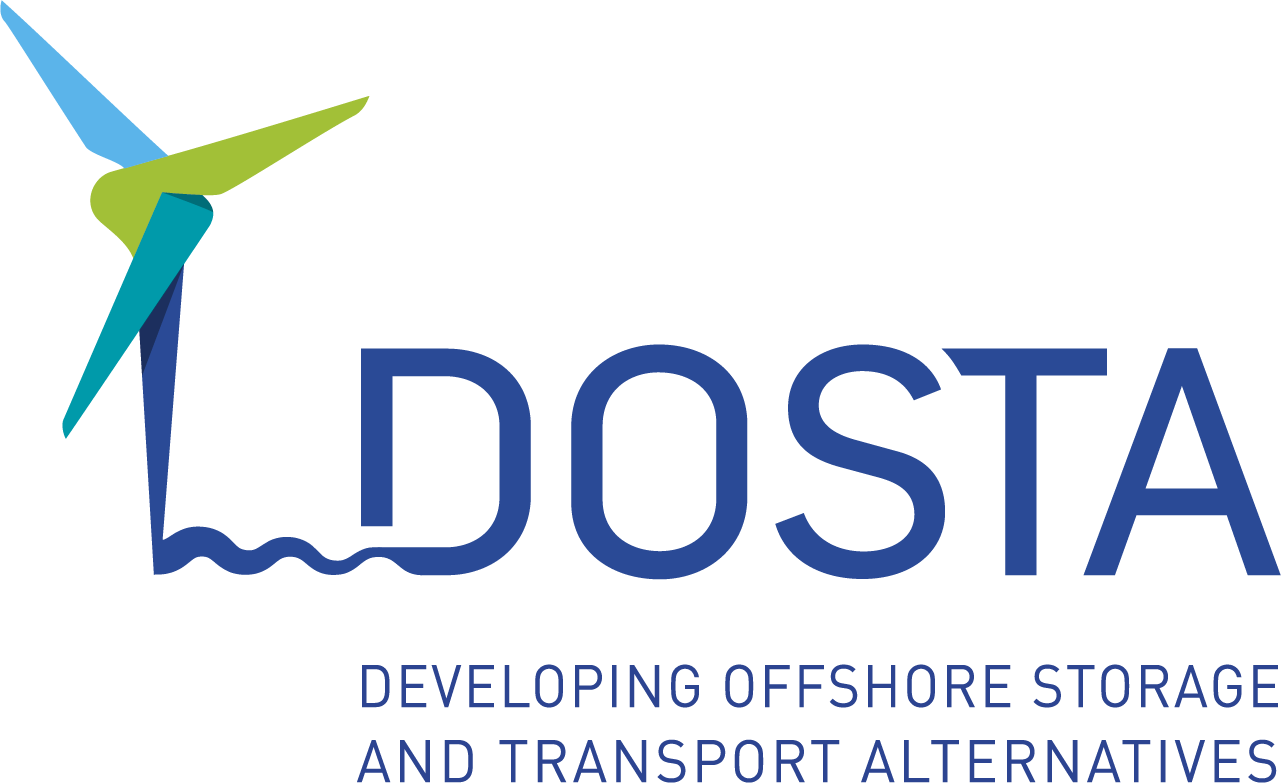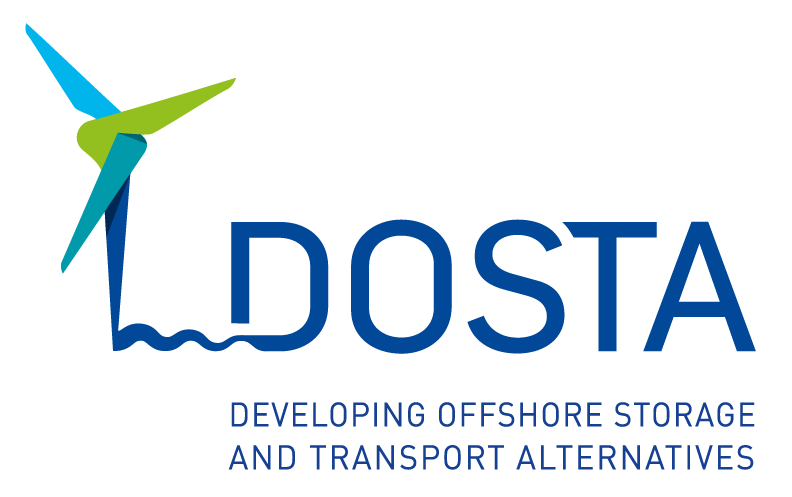
OBJECTIVES
This multidisciplinary research project consist of four separate but interrelated research topics:
1.
Multiscale physics-based models of novel pumped-hydro offshore storage technology
Robbert Nienhuis will develop enhanced predictive models of the novel offshore pumped hydro storage technology. He will focus mainly on building descriptive models of system behaviour to determine the roundtrip efficiency of energy storage systems.
This includes modelling isolation and degradation mechanics from the marine-structure interface to predict the stability and survivability of underwater structures under dynamic loading. Also the impact of alternative energy carriers, such as Hydrogen, is explored in integrated offshore wind farm systems.
2.
Optimal sizing and operation of offshore infrastructure for wind farms coupled to hydrogen production, storage and transport
Jan Wiegner examines different energy conversion technologies (wind turbines, electrolyzers, fuel cells), transport options (pipelines, cables), and storage technologies (batteries, pumped hydro, hydrogen storage) and their integration in a robust energy system. This allows for a more effective use of existing electricity cables, while also transporting large amounts of energy with limited need of new infrastructure, especially when reusing the existing natural gas system offshore.
The research will develop reliable and computationally efficient methods to model, design, and assess multi-energy systems that include offshore wind turbines and H2 generation.
3.
A legal design for new offshore storage and transport infrastructure
Liv Malin Andreasson conducts the legal research in the DOSTA project. She focuses on the legal and regulatory aspects of large-scale offshore wind energy development and the need to develop new energy storage and transport alternatives in the Dutch part of the North Sea.
The aim of the research is to identify potential legal obstacles and propose legal solutions to facilitate these offshore developments and the integration of new storage and transport infrastructure in the legal design.
4.
Marine spatial planning, environmental impact and locational choice
Juul Kusters conducts research on spatial planning and governance of the North Sea, in order to identify opportunities and barriers of offshore allocation of electricity and hydrogen storage and alternative transport infrastructure.
She will develop policy recommendations on how to cope with these challenges, specifically targeting spatial and environmental impacts of offshore storage and transport infrastructure, identifying potential locations for offshore energy storage, and institutional innovations for marine spatial planning and related (environmental) processes.
The researchers join forces targeting interdisciplinary and explicit policy recommendations for industry practitioners and civil servants on the feasibility of the offshore storage and transport options analysed in this project.

Faculty of law
Postbus 716
9700 AS Groningen
The Netherlands
© 2023 DOSTA
The project DOSTA with project number (WIND.2019.002) of the NWO research programme PhD@Sea is (partly) financed by the Dutch Research Council (NWO).”

![]()
![]()
